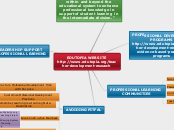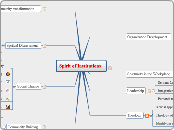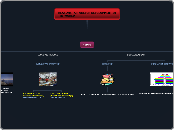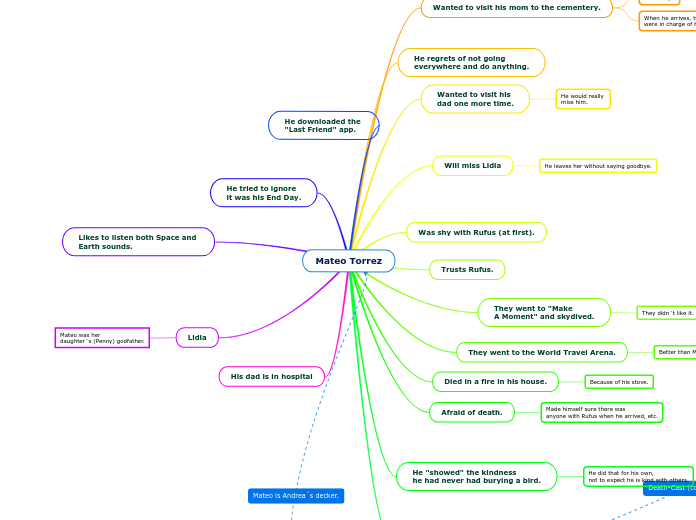av Giovanna Pedroso 9 år siden
377
SELF-DIRECTED PROFESSIONAL LEARNING
Effective teacher development hinges on continuous learning and the empowerment of educators to make decisions about their curriculum and professional growth. Key practices include fostering collaborative learning communities that focus on both teacher and student development.









